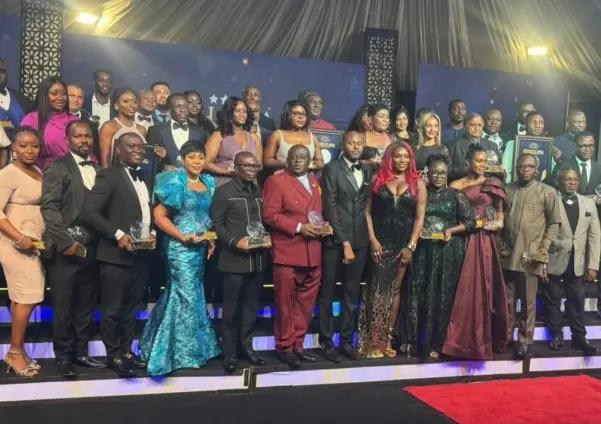Ghana, a nation richly endowed with gold resources, possesses an economic potential that remains tantalizingly out of reach. Despite its substantial gold deposits, the country’s benefits have been largely confined to traditional revenue streams. Dr. Cassiel Ato Forson, Ghana’s Finance Minister, recently highlighted this critical issue, emphasizing the need for a transformative shift in how Ghana leverages its gold wealth. The path forward, as Dr. Forson articulated, involves moving beyond royalties and taxes, embracing a comprehensive approach that captures the full value of Ghana’s gold resources and strengthens the Ghana gold economy.
For years, Ghana’s economic gains from gold have been primarily derived from royalties and taxes levied on mining operations. This model, while providing some revenue, severely limits the overall economic potential of the sector. During the inauguration ceremony of the Board of Directors of the Ghana Gold Board on Monday, May 19, Dr. Forson pointedly stated, “Historically, Ghana’s revenues from gold have been confined to traditional sources such as royalties and taxes. The Ghanaian economy has not realised the full benefit of our gold resources.” This reliance on limited revenue streams restricts Ghana’s ability to fully capitalize on its natural resources and build a more robust and diversified economy.
Dr. Forson’s proposed solution centers on harnessing the entire value chain of gold, a strategy designed to maximize economic benefits at every stage, boosting the Ghana gold economy. Instead of merely exporting raw materials, Ghana should actively engage in refining, value addition, and international marketing. According to Dr. Forson, “The time has come for Ghana to expand beyond royalties and taxes by harnessing the entire value chain of gold.” This entails optimizing each stage of the gold production process, from extraction to the final sale of refined products, thereby increasing Ghana’s revenue and creating more opportunities for local businesses and employment.
The Ghana Gold Board is positioned as a key agency in spearheading reforms within the gold sector. Tasked with overseeing the marketing of Ghana’s gold resources, the board plays a crucial role in implementing the government’s vision for a more prosperous and transparent gold industry. These reforms include initiatives aimed at formalizing gold trading, particularly within the small-scale mining sector, to promote traceability and enhance international acceptability. Through these efforts, the Ghana Gold Board seeks to ensure that Ghana’s gold resources contribute more significantly to the national economy.
A critical aspect of the government’s strategy involves a deliberate program to formalize gold trading, especially within the small-scale mining sector. This initiative aims to bring informal mining operations into the formal economy, thereby improving transparency and accountability. Dr. Forson noted, “This initiative will help enhance transparency, ensure accountability, and increase Ghana’s gold revenues through better integration into the global market.” By formalizing the sector, Ghana can better regulate gold production, prevent illegal mining activities, and ensure that a larger share of the profits from gold sales benefits the country.
In conclusion, Ghana’s path to fully realizing the economic potential of its gold resources hinges on moving beyond the traditional reliance on royalties and taxes. Dr. Forson’s call for a comprehensive value-chain approach, coupled with the reforms being implemented by the Ghana Gold Board, represents a significant step in the right direction. By optimizing every stage of the value chain and formalizing gold trading, Ghana can unlock the full potential of its gold resources and build a more prosperous and sustainable Ghana gold economy.
Image Source: MYJOYONLINE




















